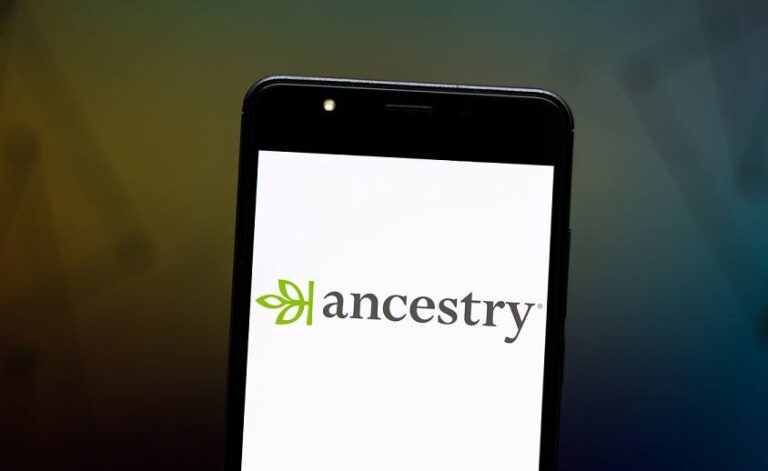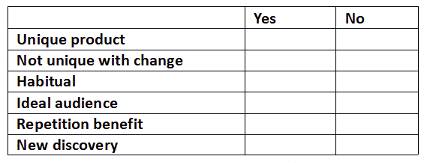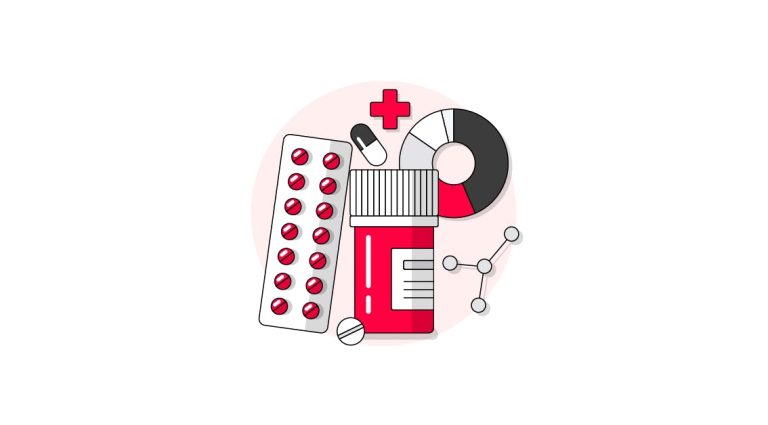I have thus far painted a fairly grim picture of buying backlinks because of the many email pitches I receive. But a colleague pointed out that it can make sense to buy links even when they include rel=”sponsored” and are not, therefore, link spam.
Google addresses the practice in its documentation, “Google does understand that buying and selling links is a normal part of the economy of the web for advertising and sponsorship purposes.”
Here are examples of what Google and other search engines call link spam.
Link Spam
There is another implication here. Many paid post emails I receive comes from agencies that buy backlinks on a client’s behalf.
This last category of link spam — paid advertorial or guest posts — appears anecdotally to be on the rise.
- Buying links on low-quality directory sites.
- Paid links in widgets distributed across the web.
- Paying to include links added to blog comments.
- Text advertisements that don’t block ranking credit.
- Paid advertorial or guest posts.
Personal Experience
An email asking about paid guest posts from October 2022.
Buying backlinks then is not necessarily an SEO practice but a marketing one. Be honest about it via a sponsored attribute, and you’re practicing ethical marketing. But attempting to circumvent search engines is a black art.
I need to be careful. These inquiries could have been legitimate. The folks who reached out to me might have been expecting or even planning to use the appropriate link attribute values, rel=”nofollow” or rel=”sponsored.”
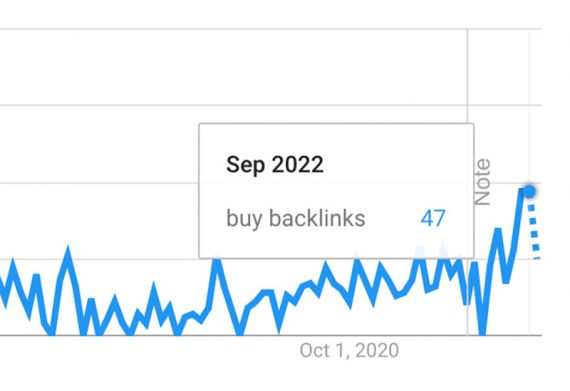
On its Developers Search Blog, Google employees Danny Sullivan and Gary Illyes wrote, “Why [do we] not completely ignore such [sponsored] links, as had been the case with nofollow? [Because] links contain valuable information that can help us improve search, such as how the words within links describe the content they point at. Looking at all the links we encounter can also help us better understand unnatural linking patterns. By shifting to a hint model, we no longer lose this important information, while still allowing site owners to indicate that some links shouldn’t be given the weight of a first-party endorsement.”

Moreover, it’s a link that can funnel visitors to a website.
Google introduced the rel=”sponsored” attribute in September 2019, coincidentally when searches for “buy backlinks” increased.
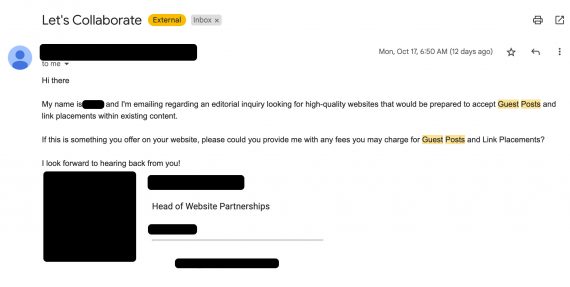

Second, as someone who writes for Practical Ecommerce, a popular online publication, the number of emails I receive about paid guest posts seems to be increasing. I had one in January 2022. In October 2022, I had roughly 50.
These agencies almost certainly understand that link equity should not be passed via paid links. Yet that appears to be the very thing they are doing.
What search engines like Google don’t like is what some call link spam, the practice of buying links to inflate search rankings artificially. Link spam is always a for-pay scheme. There is no other reason to do it.
There has been a minor increase in the percentage of Google searches for “buy backlinks.”
Google uses it as a “hint” about the quality of the target page. Thus it’s possible, in theory, to have a sponsored link that provides high-value content and is meaningful to Google’s search engine algorithms.
But Is It Okay?
But language such as, “Could you provide me with any fees you may charge for guest posts and link placements” in the email prompted me to think the idea was to pass link equity from the guest post to a target site.
From January 2004 to the present, the interest in “buy backlinks” peaked in July 2004. Since then queries for that phrase have been relatively low as a percentage of total related searches. The Google Trends volume for the term was a mere 9 in September 2019. It rose to 16 on the relative scale in September 2021 and 47 in September 2022. One would need to go back to July 2008 to find more relative interest.
So, while a purchased link with a sponsored attribute is not the same as a no-attribute link, it still provides Google with information.
Google continues, “It’s not a violation of our policies to have such links as long as they are qualified with a rel=’nofollow’ or rel=’sponsored’ attribute value to the <a> tag.”
The September increase might be a temporary bump or even an improvement in Google’s tracking ability (which did happen in January 2022).
Buying links to boost search engine rankings has long been considered a black art. The problem, however, is not so much paying for a link but being dishonest about it.
First, Google Trends has reported an uptick in searches for “buy backlinks.” Google Trends uses a relative scale of 0 to 100 to show search volume. Thus, 100 on a Google Trends chart indicates the most proportional search volume for a given period.


